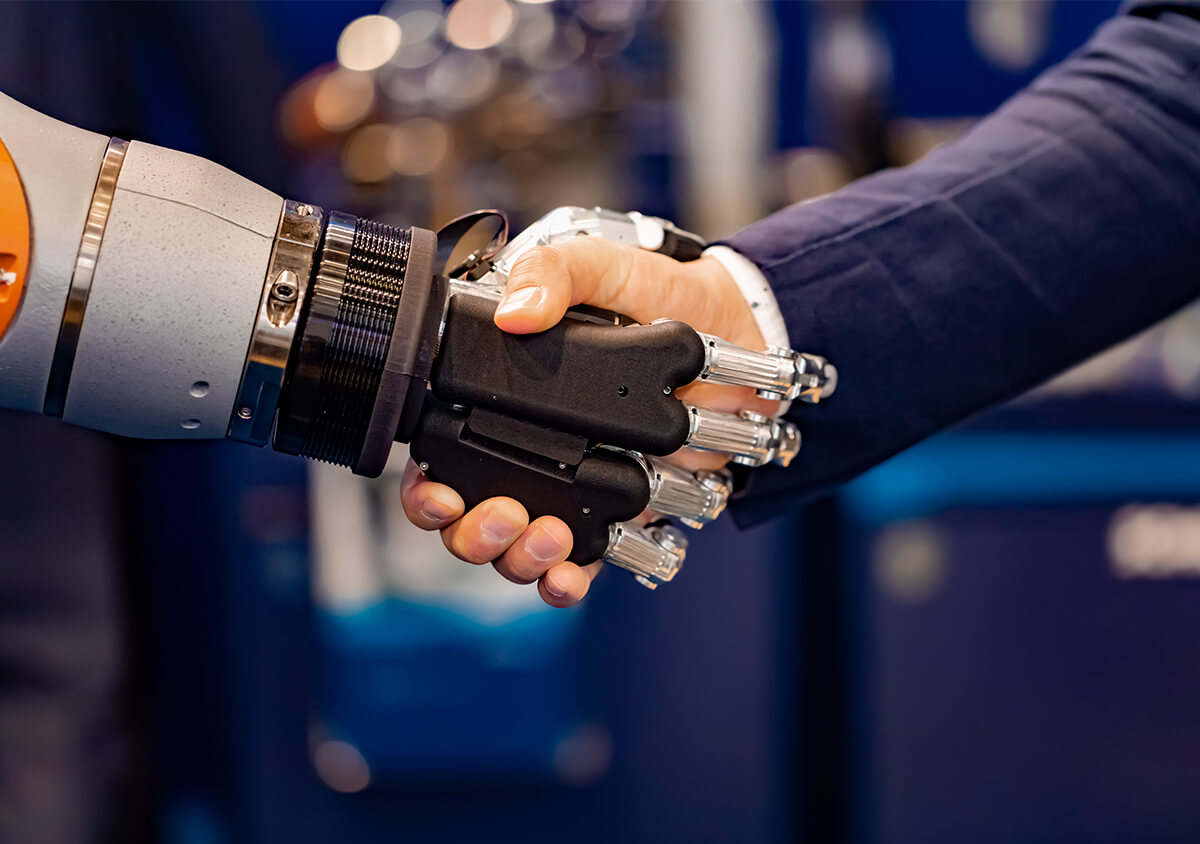The presenter was nervous and asked me what he was to do. I said I use QuickBooks for your company, and I have no idea what I am doing, and I could use an accountant to teach me. The next two days were dedicated to showing them how much help was needed and a QuickBooks training company was born. I seem to remember a lot of accounting people made some nice income from that.
There is nothing to fear and a lot of work that is yet to be done. The loss of data entry by no means is a loss of required human interaction. AI is a marketing term. Truly what we have, due to faster processors, blockchain security and multiple datapoints, is automated machine learning.
More time spent on review of incoming data and the decision on what to do with any given piece of data can be done by what was traditionally a data entry bookkeeper. Errors can be minimized by using machine automation yet often a human still has to realize, and act on two types of failures, alpha failure: probability of failure to detect an error, and beta failure: false negatives.
Those errors can occur with AI as well as with humans. Think of all the intersection points that can occur in any given datafile in the cloud. The intersecting data is typically the first point of failure. Put 3-5 apps on top of your GL and allow them to sync in real time. How many of us has just rolled our eyes on review and then dig in to fix allocations? And that is just review of simple write up. How many times have you had to split a transaction with varying amounts? How often have you seen duplicate entries when multiple data points covering the same information came in through multiple apps? New bank account or credit card account? Business owner makes a personal deposit to their business and it automatically flows to income? Reimbursed expense income mixed with regular income? That is all initial surface stuff. We could go on and on with the problematic items that crop up when apps intersect.
Artificial Machine learning will adapt and improve over time. Along the way information provided by humans to check the failure factors will be critical to that improvement. However, that is all just binary level information. The average small business owner most likely did not take courses in expense management, cost accounting, tax law, valuation, financial analysis or projections. A machine will not take a call from an anxious or worried business owner late on a Friday afternoon and provide anything more than that binary support.
So as business support specialists it behooves us to; be flexible, collaborate, move along with the change and most importantly keep open the lines of communication with clients. The future is inevitable. How I approach and respond to it is a choice.
When ATMs first started popping up around the US there was an outcry that tellers would no longer be necessary and therefore a whole job market would be gone. Contrary to the that idea what occurred is that banks hired more people, restructured the work type of current tellers and hired more entry level employees to work on other customer facing functions. This is not always true that automation moves one to another job within the same framework but in services it is not uncommon.
The move away from data entry has been ongoing and mentioned over and over at accounting conferences, training classes and from the app developers for the last nine years, like a mantra. Get prepared, this is coming, here is how you can re-engineer how you work using the new tools. This has been presented and spoken about over and over. There is a myriad of apps for the accountant/bookkeeper to assist, track, manage and analyze data in a GL. Producing reports that provides actionable information for clients is a very important function and one many small businesses need.
As much as we can feel overwhelmed by fast changes, new technology and all the data, think how they must feel. Changes are not just occurring in accounting. These business owners also must be nimble and react quickly to changes within their business focus. This certainly is a good point for those who smartly look at a small business niche for their firms.
Get in front of AI. It is not the enemy it is an opportunity. Just like desktop accounting software sold to consumers, wrapped around by a simple business back office management product, gave rise to the off-site bookkeeper/accountant needed to fix ‘stuff,’ brought accountants/bookkeepers into the beginning of 21st century, AI continues the adventure with a human at the helm.





